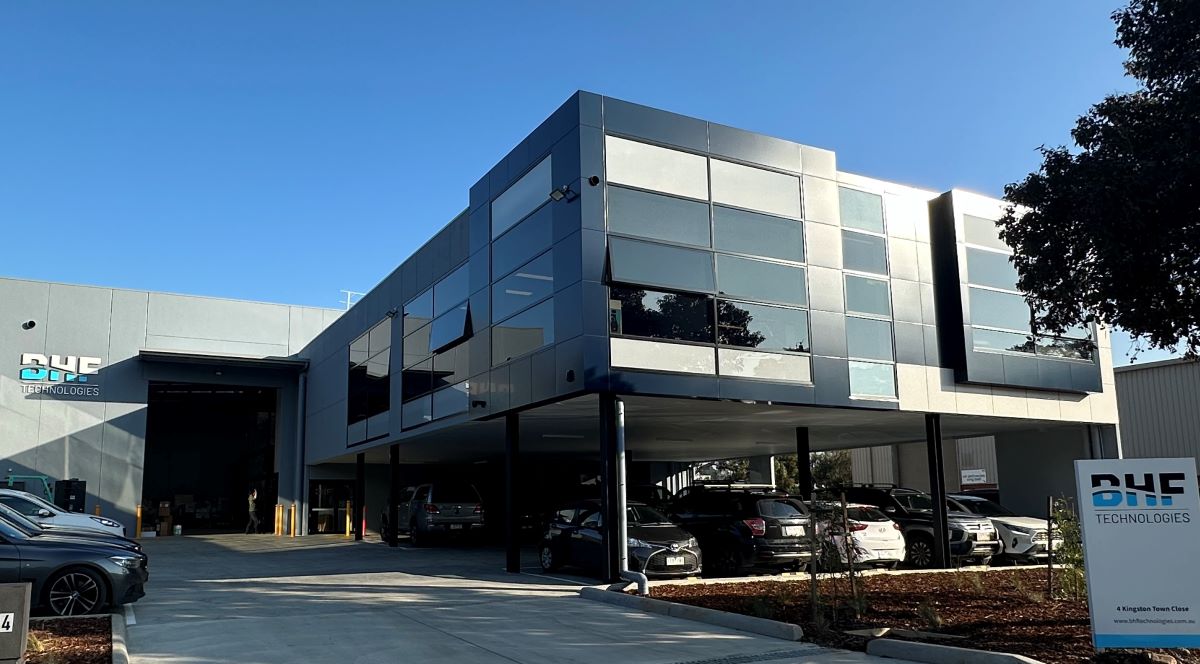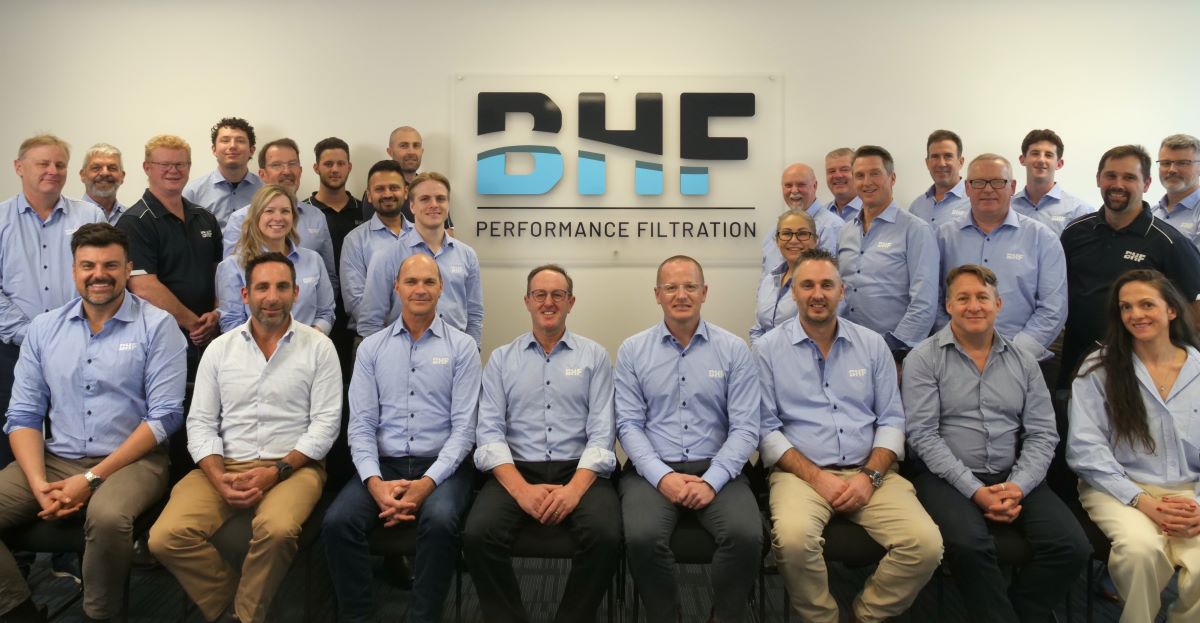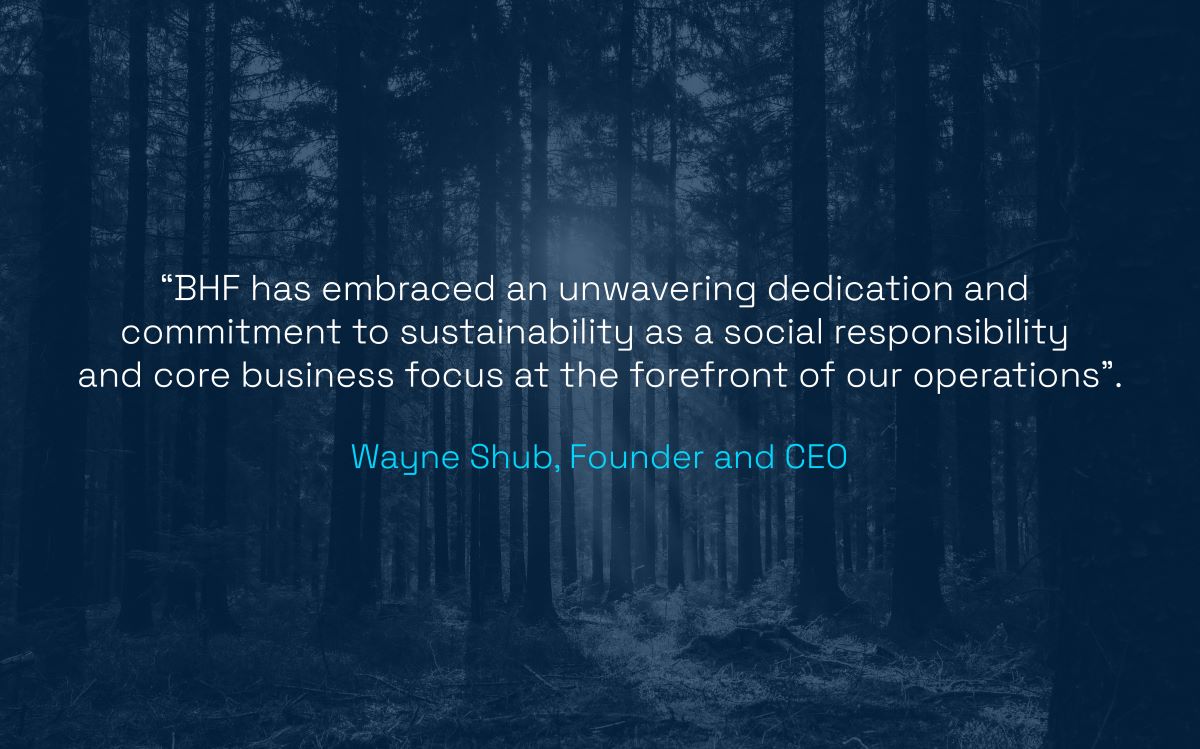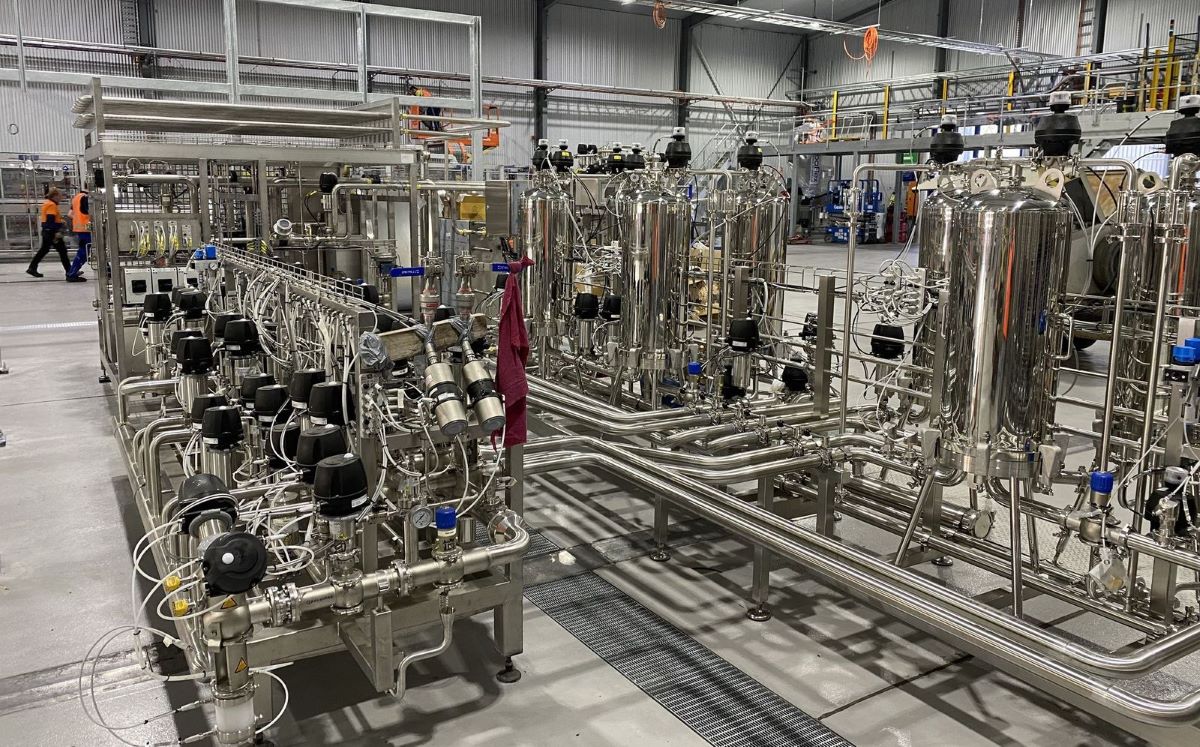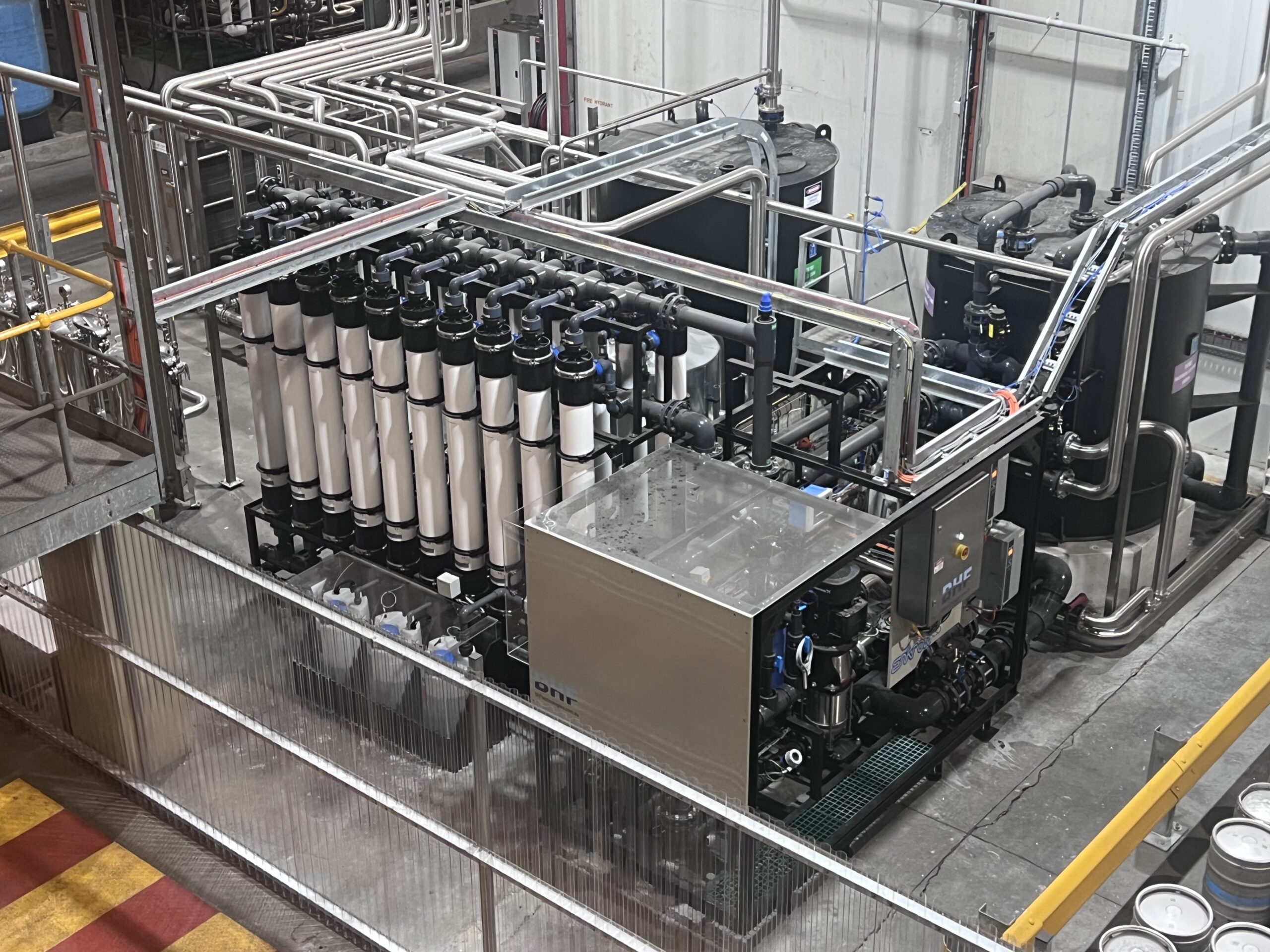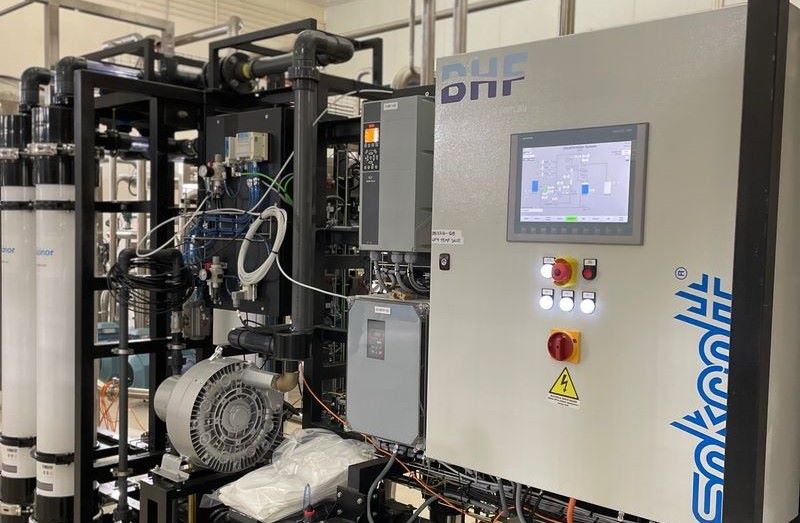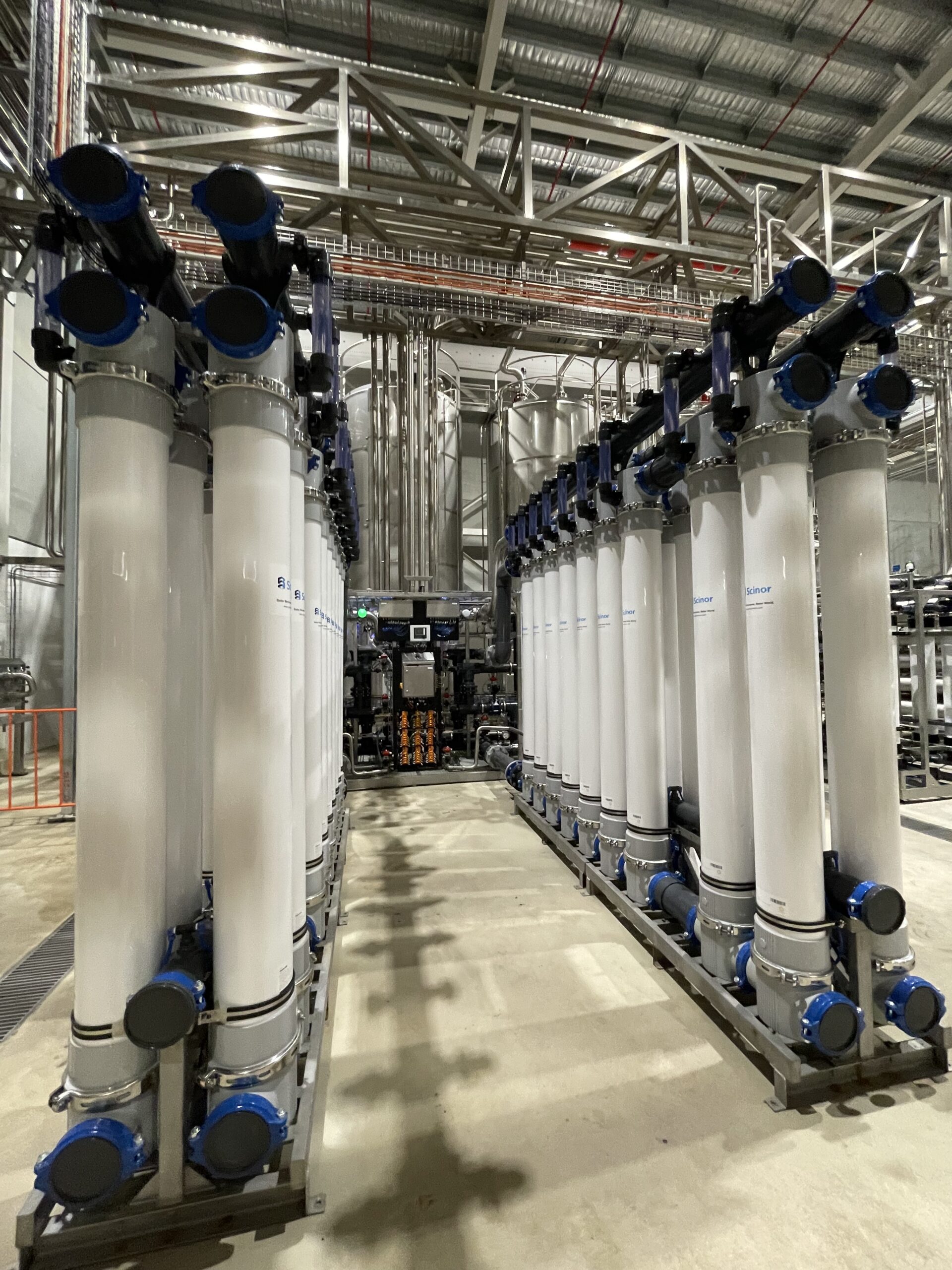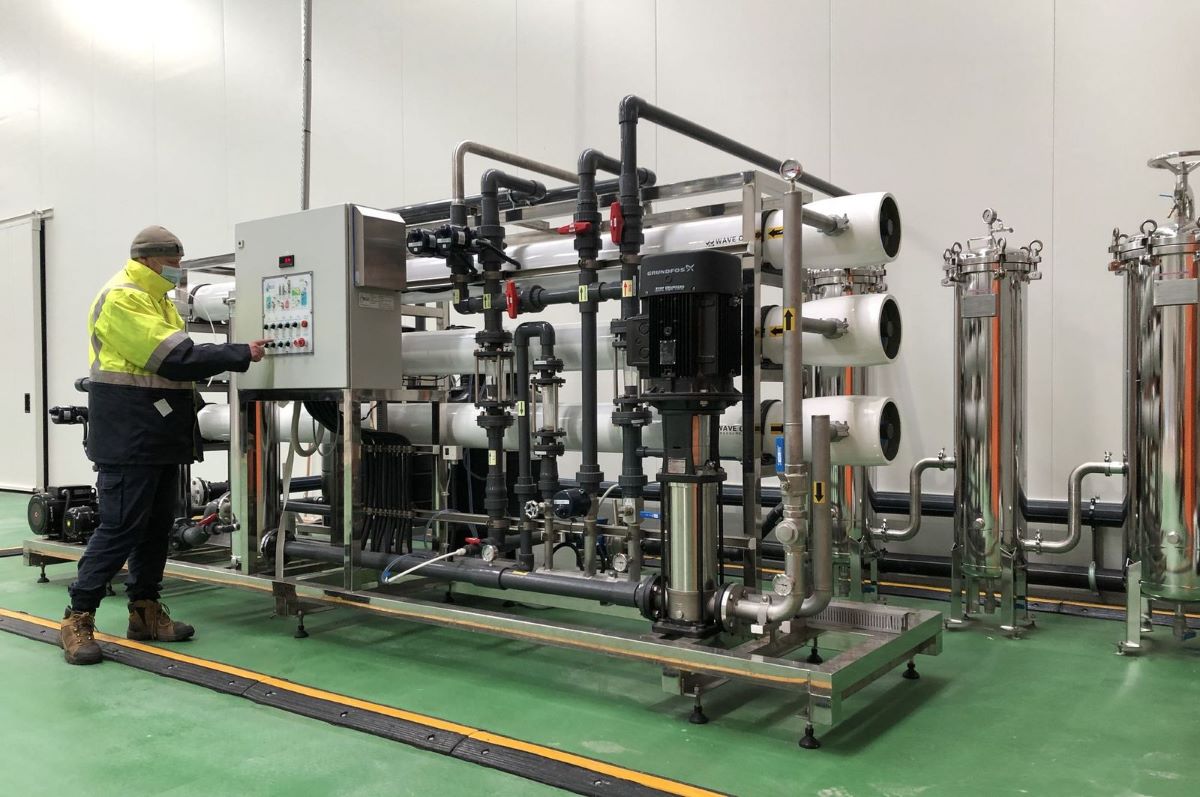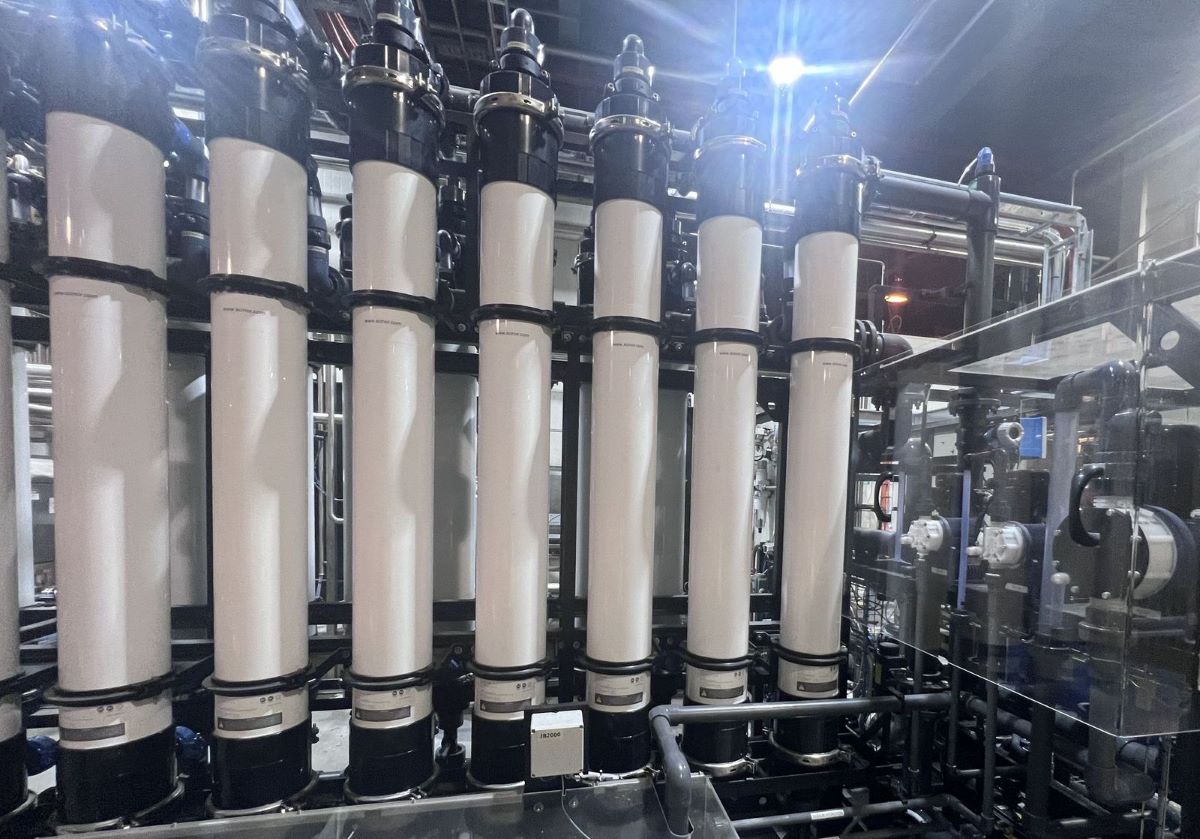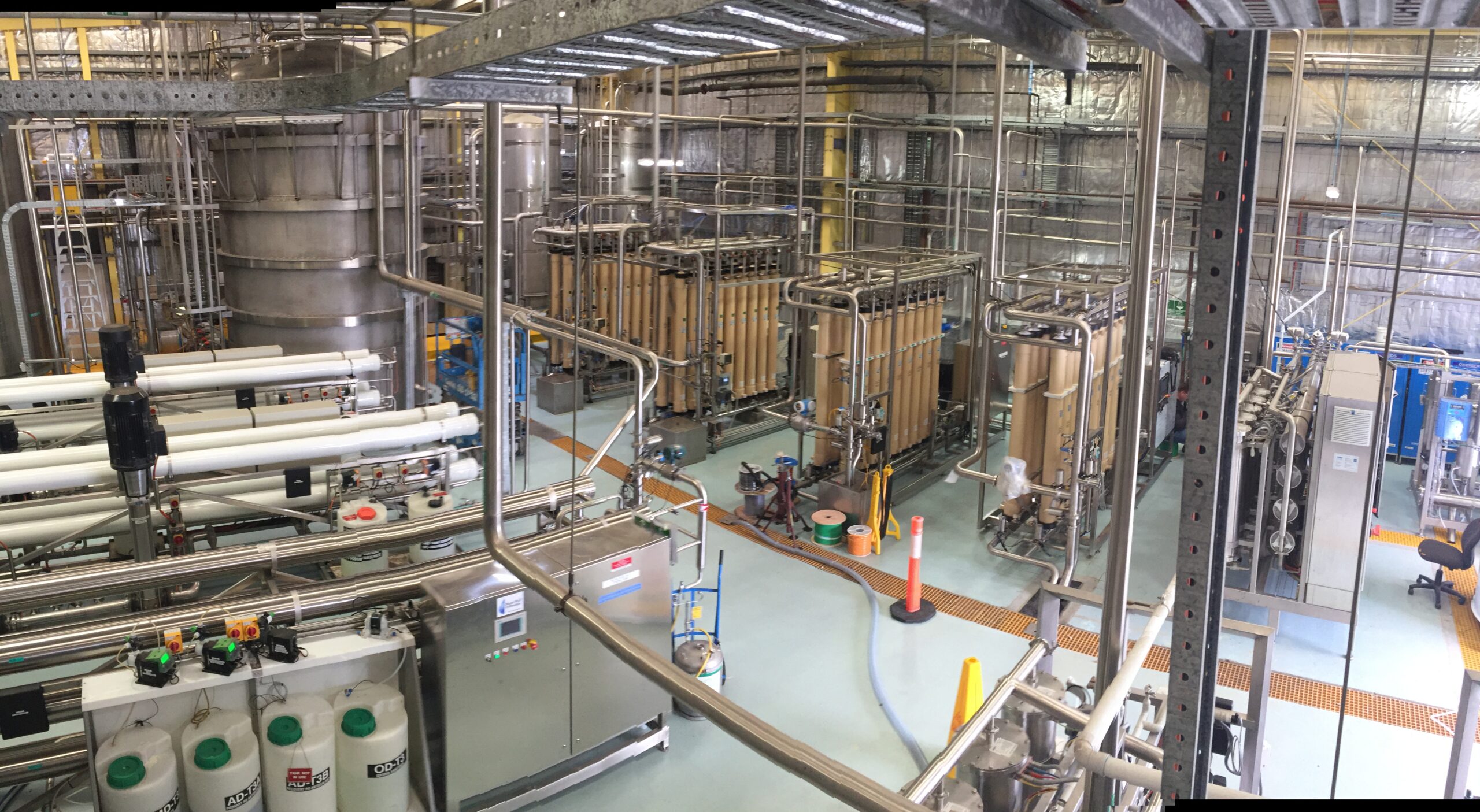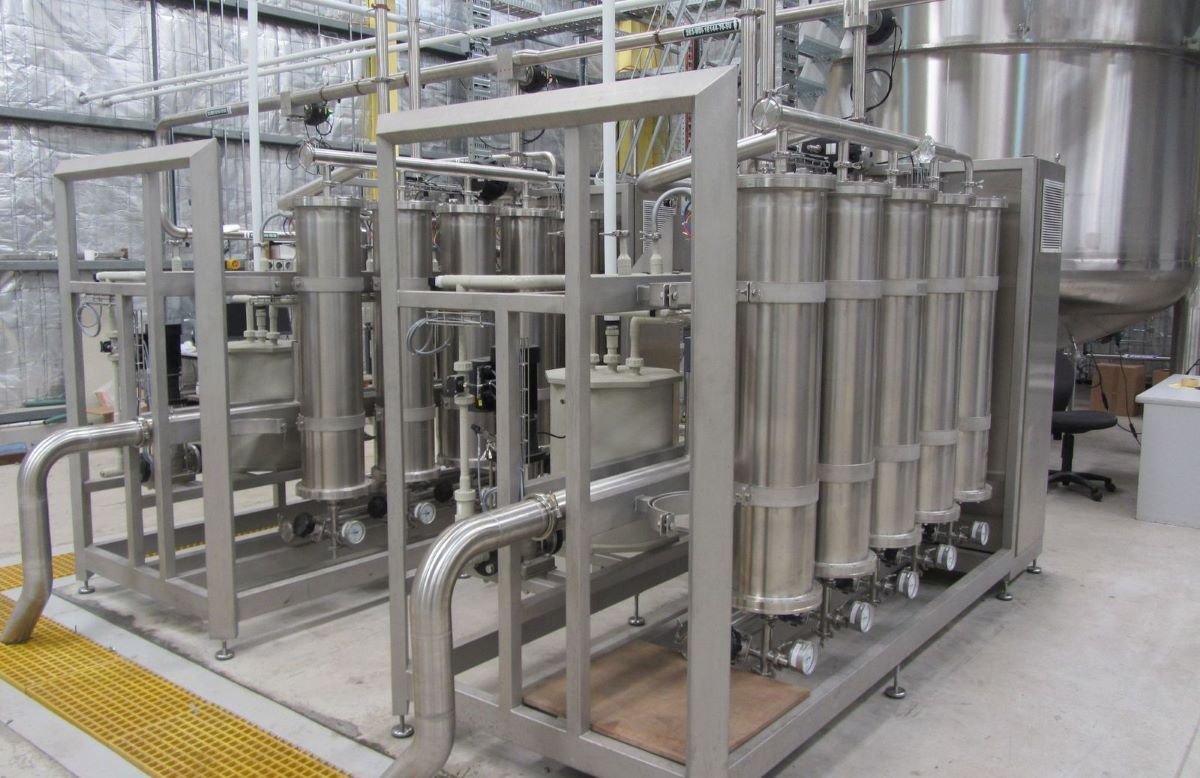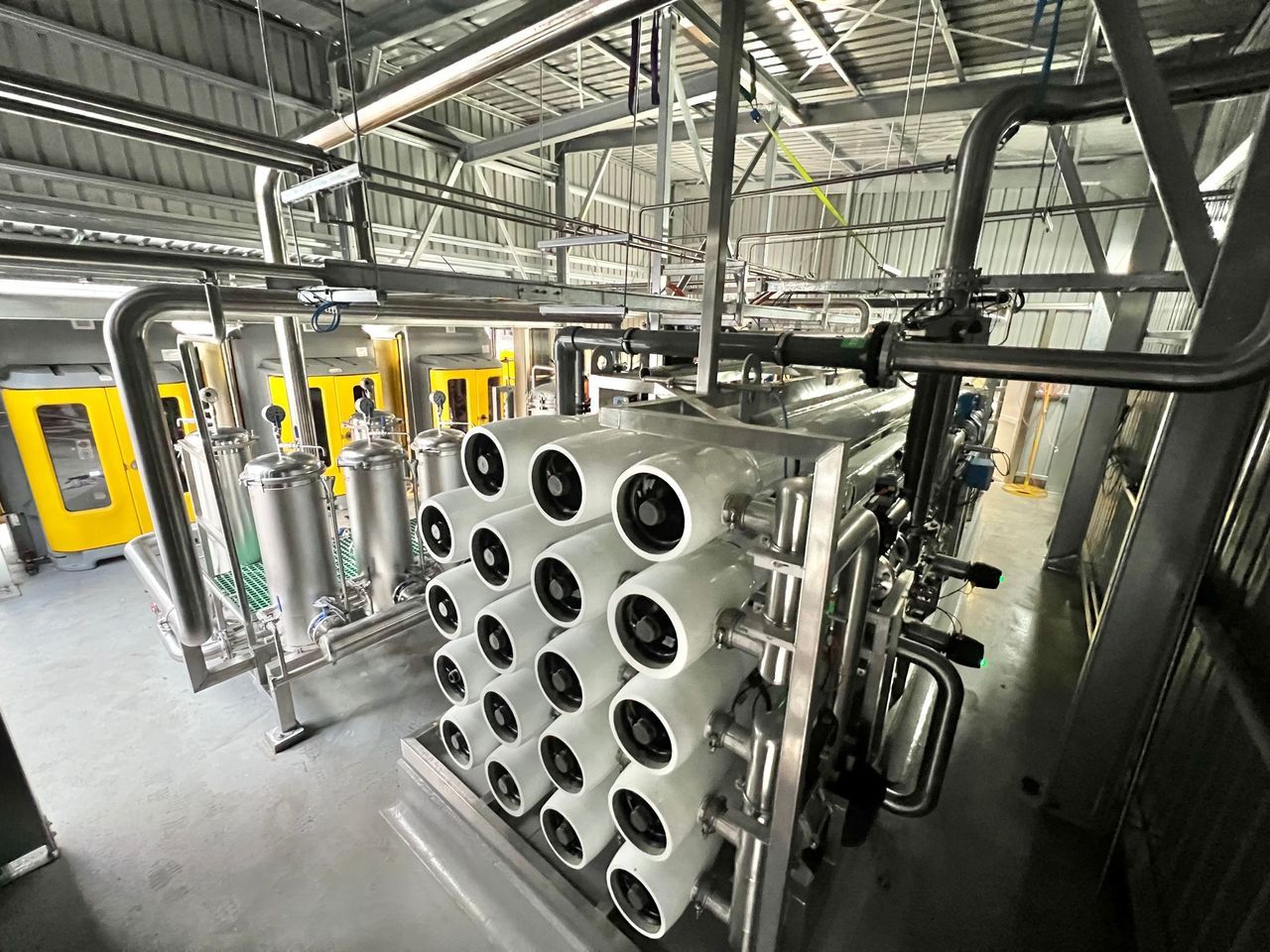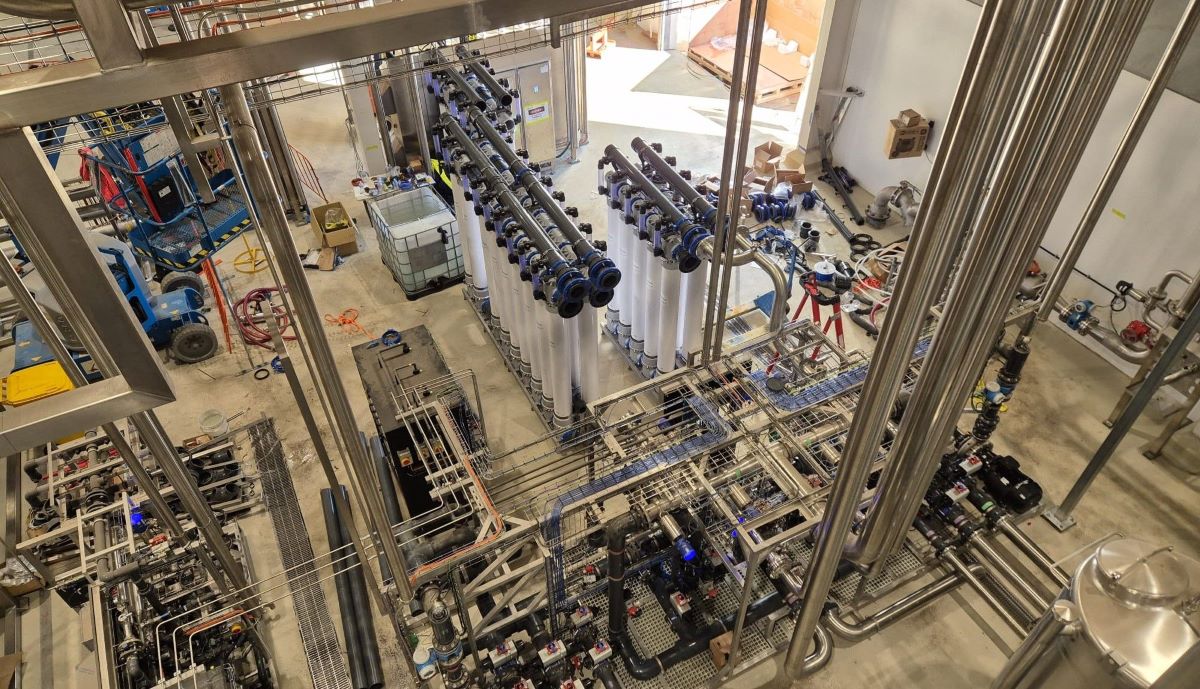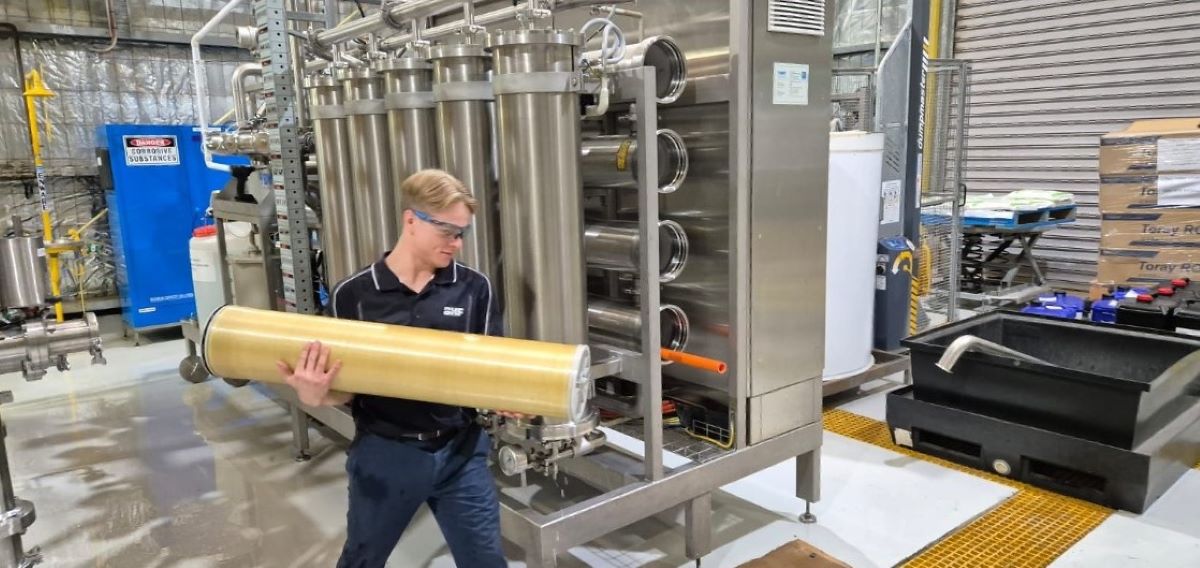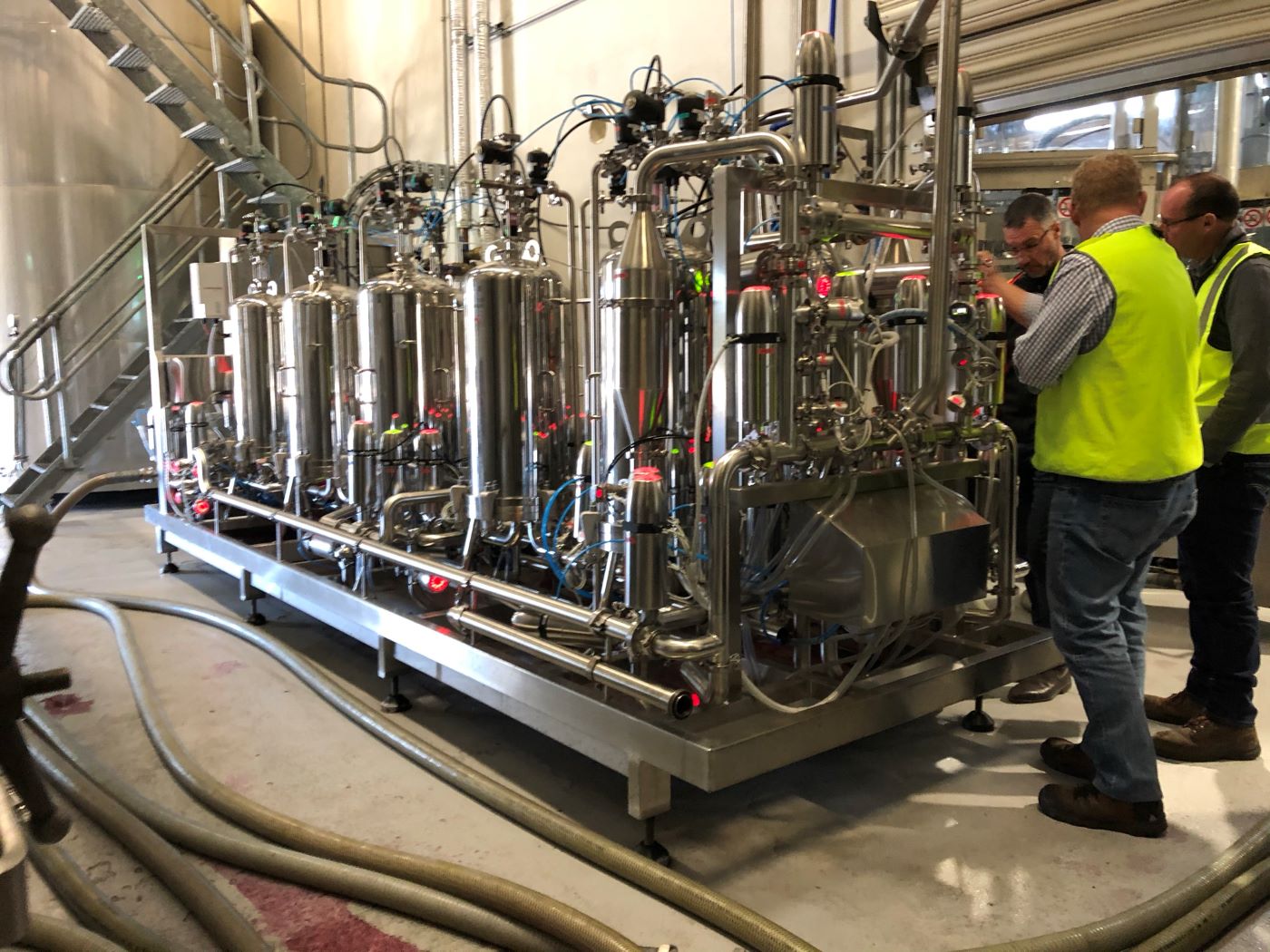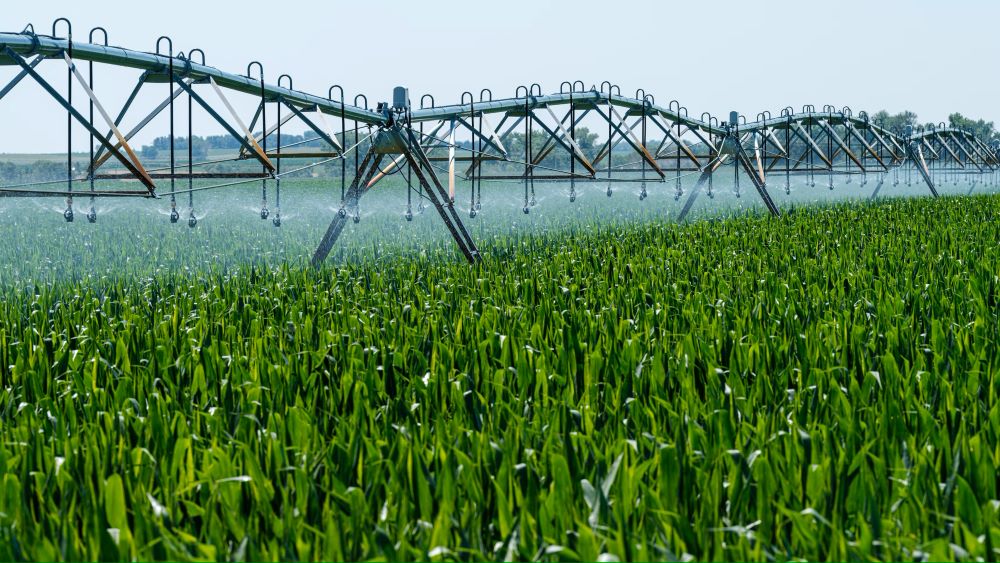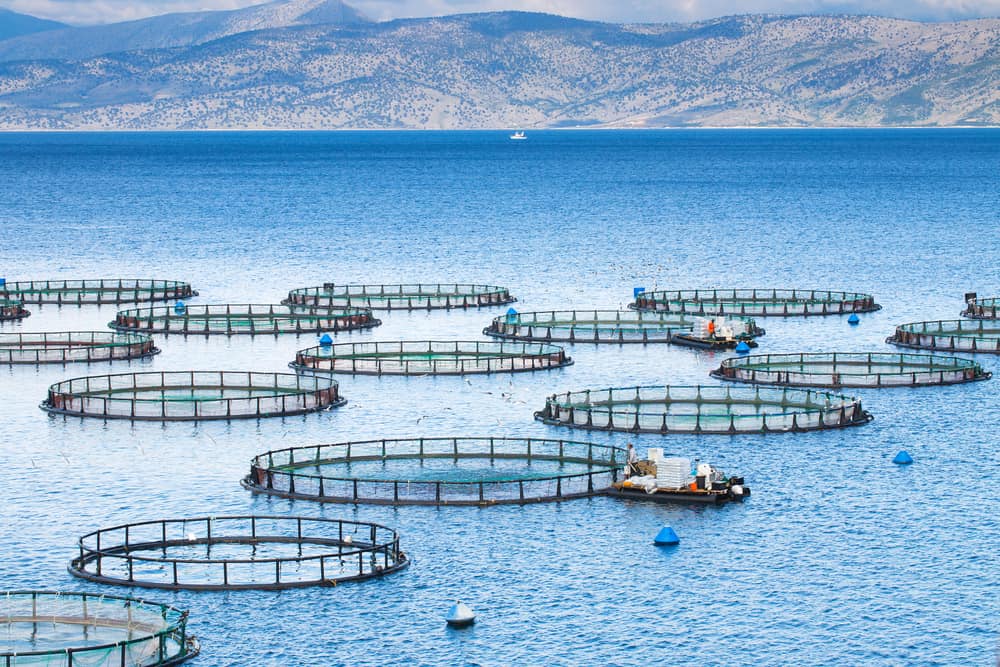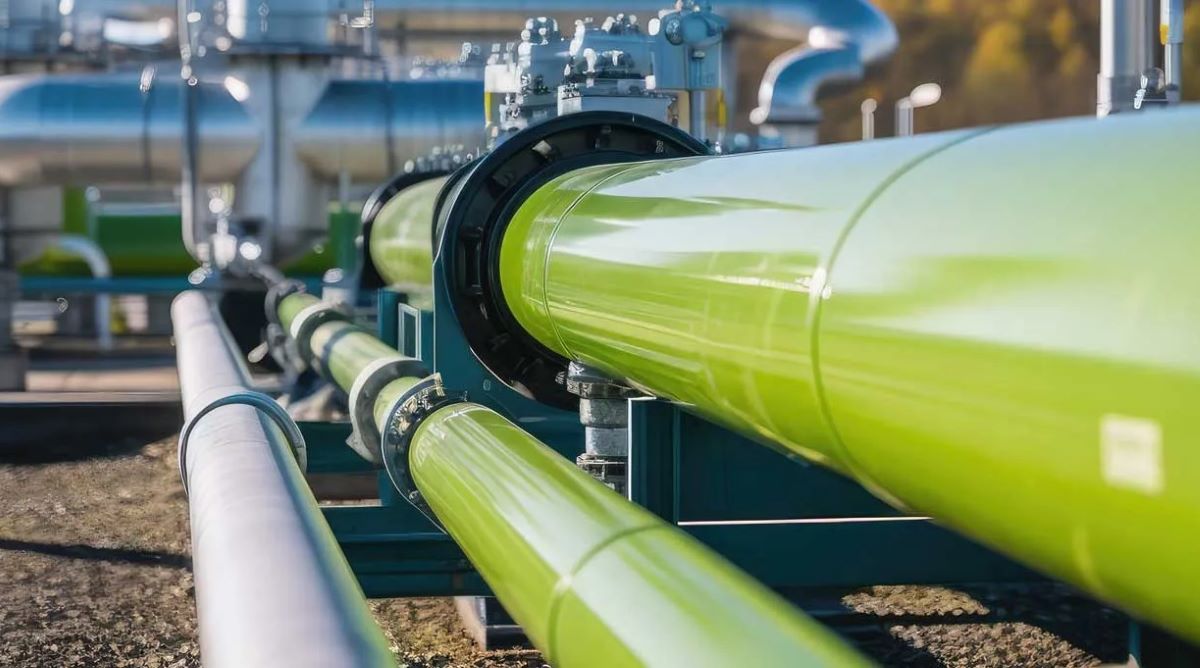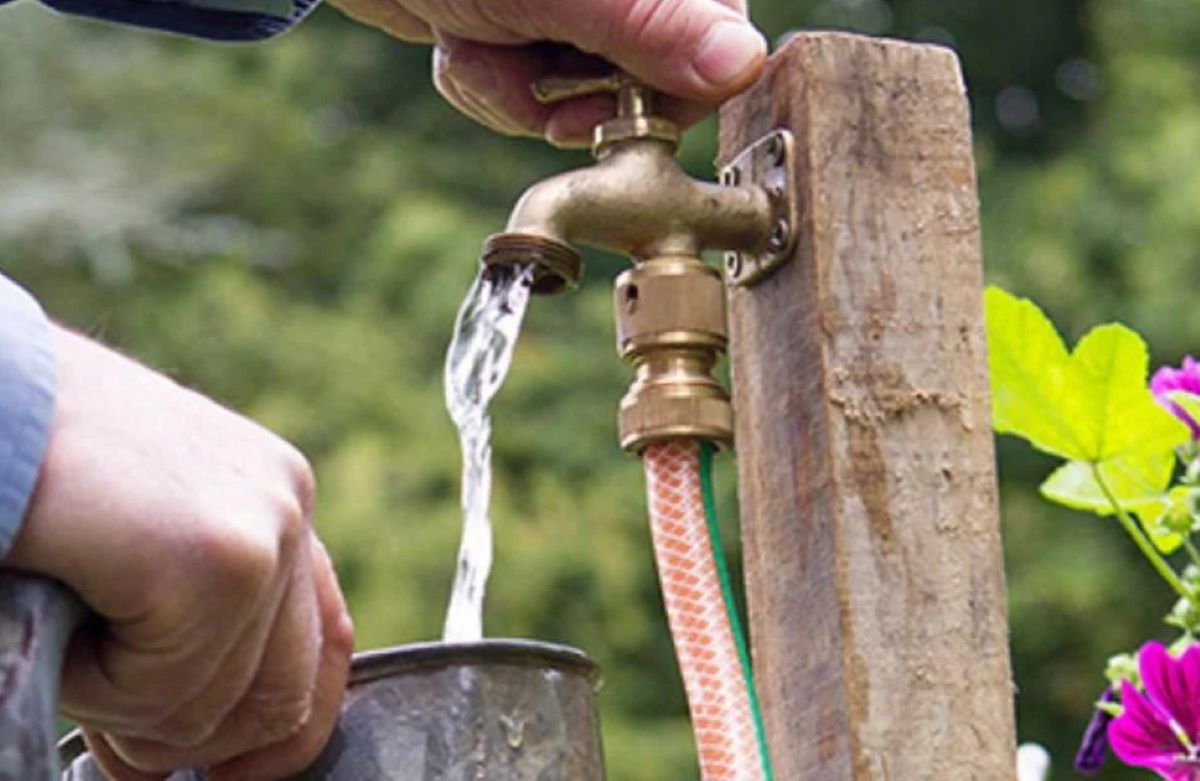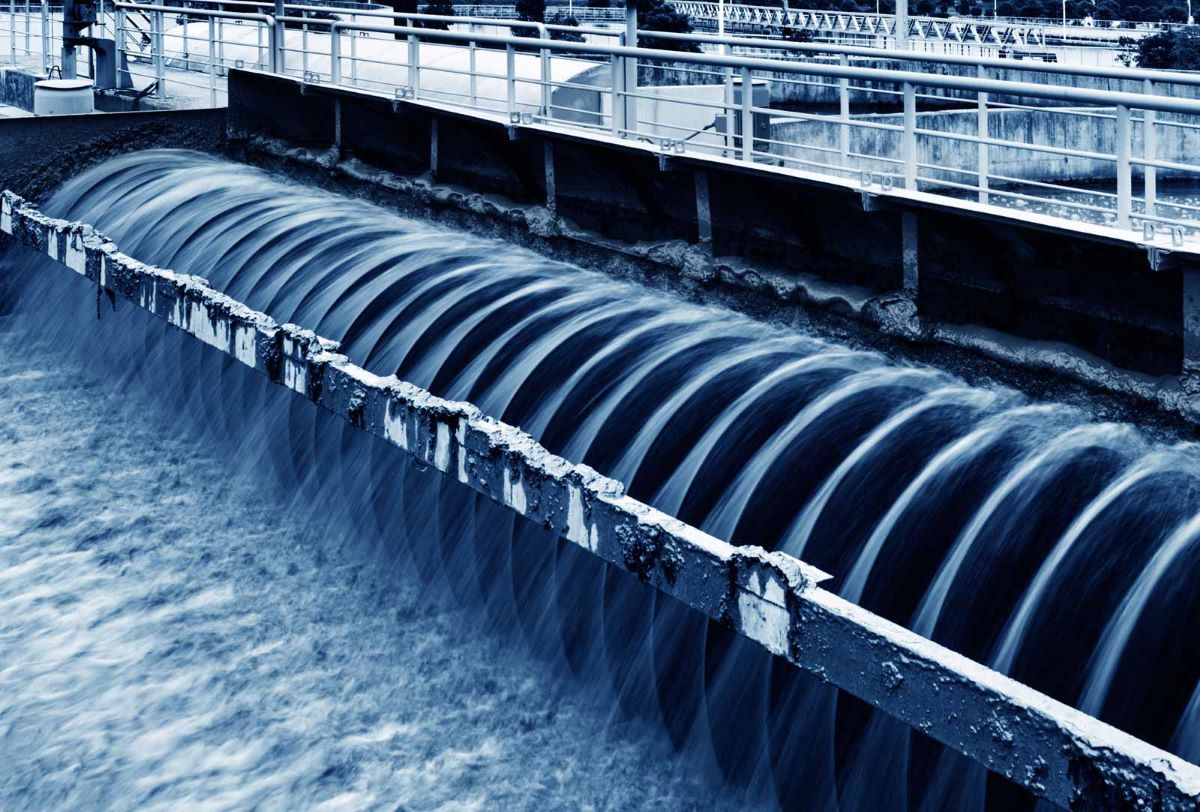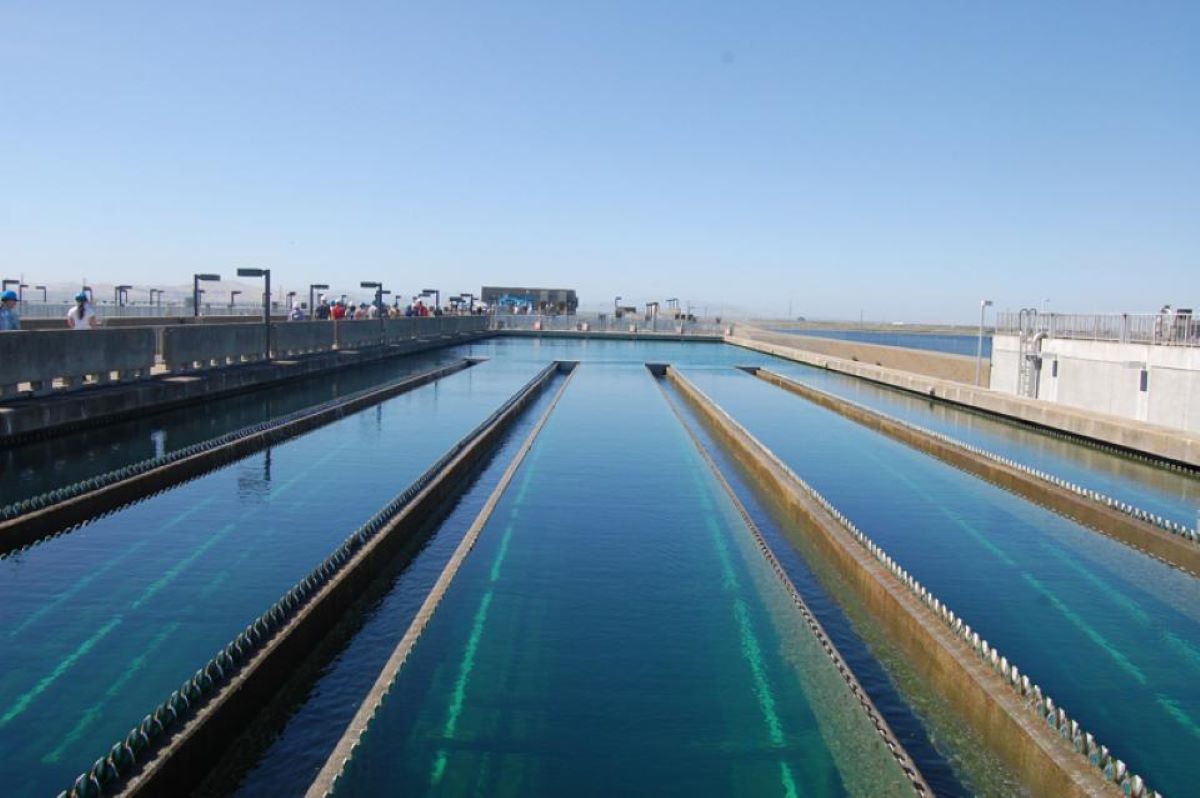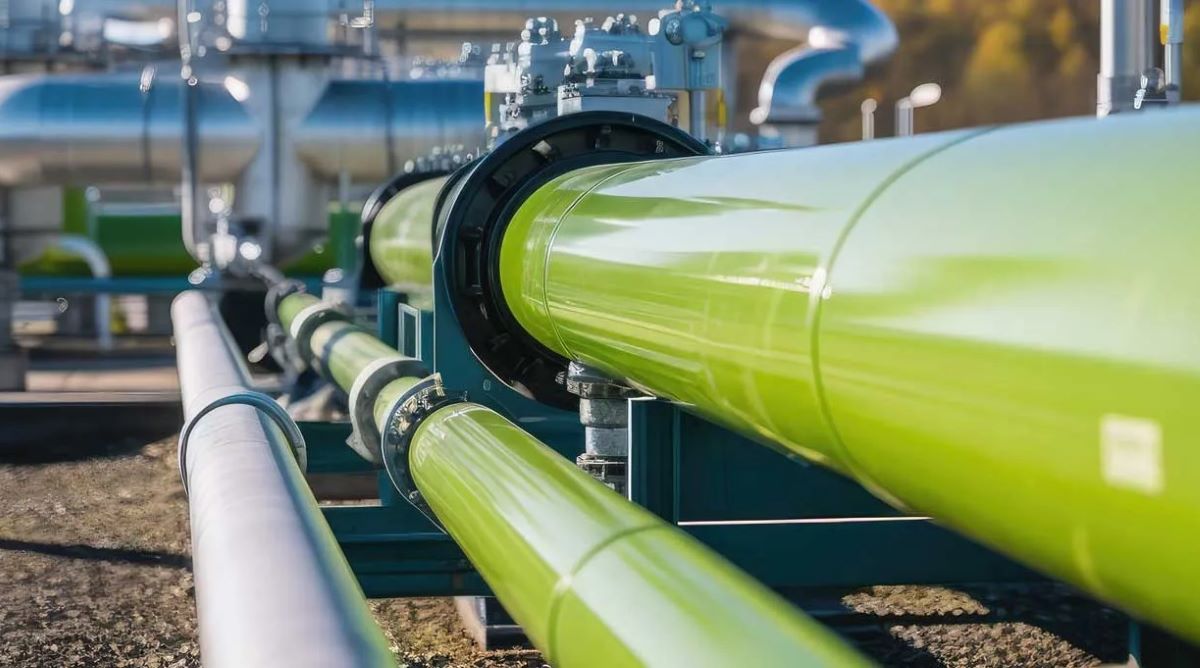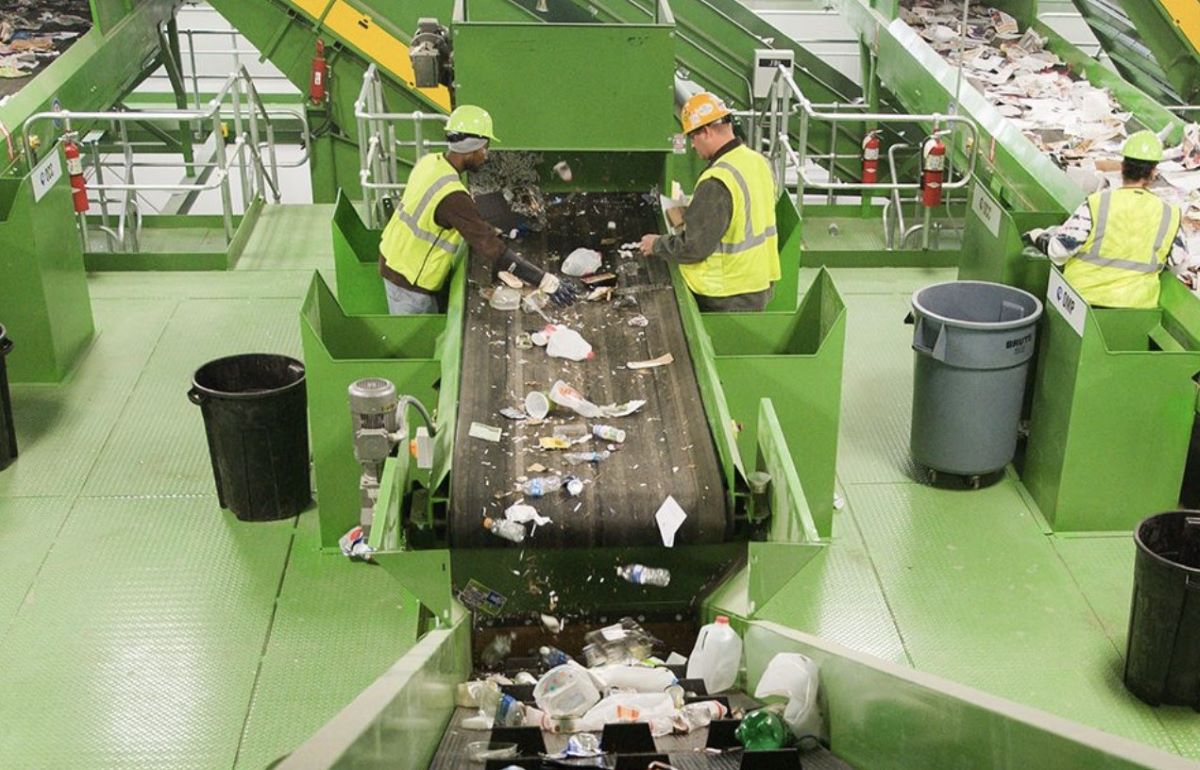Automated Filtration System Technology: Transforming Filtration
In today’s industrial landscape, where efficiency, sustainability and cost-effectiveness are key drivers, companies are constantly seeking ways to improve processes, reduce operational expenses (OpEx) and ensure long-term reliability. For businesses that rely heavily on filtration systems, the adoption of Automated Filtration Systems (AFS) Technology is proving transformative.
At BHF Technologies, our Automated Filtration System technology delivers significant advantages across multiple industries, transforming filtration processes with tangible benefits like reduced labour, extended filter lifespan and lower OpEx.

Reduced Labour Costs through AFS technology
AFS technology greatly reduces the amount of manual labour required to manage filtration systems. Traditional filtration systems demand constant monitoring, cleaning and filter replacement, which can be both labour-intensive and costly. Automated systems perform these tasks automatically, drastically cutting down the need for human intervention.
A study by Schmidt (2019) found that industries adopting automated filtration systems saw a 40% reduction in labour costs within the first year of implementation. This labour-saving advantage frees employees to focus on more strategic activities, thus enhancing overall operational efficiency.
Enhanced Sustainability
Sustainability is a critical component of modern industrial operations and AFS technology excels in this area by significantly reducing water usage and energy consumption. Traditional filtration systems require high volumes of water for cleaning and backwashing and consume large amounts of energy to maintain operations.
AFS, however, optimises these processes to reduce both water and energy use. A report by Wilson et al. (2021) highlights that companies using AFS achieved up to 30% water savings by optimising backwash cycles and extending filter life. Additionally, energy consumption was reduced by 20% as AFS systems operate only when necessary.
The reduction in water and energy use also means less environmental impact, helping businesses align with sustainability goals while lowering utility costs. This approach benefits both the bottom line and corporate responsibility efforts.
Improved Filter Life and Reliability
Filtration systems often experience variable performance, especially when maintenance isn’t carried out regularly. Traditional systems are susceptible to clogging, fouling and frequent filter replacements. AFS, however, delivers consistent and optimised performance, thereby significantly extending the life of filtration systems.
Research by Lopez and Harrison (2020) showed that companies using AFS technology experienced a 50% increase in filter lifespan. The automation of cleaning and filtration rate control ensures that filters remain operational for longer periods, reducing the frequency of replacements and lowering costs.
Additionally, automated systems incorporate real-time monitoring and diagnostics, making it possible to detect issues early on and perform preventive maintenance. This reduces downtime and ensures that the filtration system operates with minimal interruptions.
Operational Efficiency and Reduced OpEx
One of the most compelling advantages of AFS technology is its ability to reduce overall OpEx. With automation in place, systems operate at optimal efficiency, reducing both energy and water consumption while extending the life of the filters. The combination of these factors leads to significant cost savings.
According to a study by Brown and Taylor (2022), companies adopting automated filtration systems saw OpEx reductions of 25-35% over two years. These reductions resulted from decreased labour costs, lower energy and water use and extended filtration system lifespans. In turn, improved system reliability minimises production halts caused by filtration issues, improving uptime and production output.
The ability to control filtration parameters automatically allows for more consistent and efficient operation, ensuring product quality is maintained without compromising process efficiency. This results in both reduced waste and better production outcomes.
In 2019, BHF commissioned an AFS system for Torresan Estate. BHF were engaged to solve one of Torresan’s biggest challenges—a manual, undersized filtration skid impacting staff time and subsequently their quality of life. The lack of automation and remote access required constant on-site presence, and the system had hit its capacity limits.
BHF Technologies designed a bespoke Automated Filtration System tailored to the clients’ needs. This resulted in:
- Faster production with increased filtration capacity
- Improved consumable life
- Remote access, freeing staff time
- Programmability for future upgrades
- Reduced downtime and user input
- Real-time trend data for monitoring and problem-solving
This is just one example of a turnkey solution that has transformed operational efficiency at our client’s site and significantly improved critical processes. See the case study for more details.
The Future of Filtration
Automated Filtration Systems (AFS) represent the next step in the evolution of filtration technology. With its ability to reduce labour costs, improve sustainability, extend filter life and decrease OpEx, AFS is set to transform how businesses manage their filtration processes. At BHF, we are proud to offer AFS technology to help businesses streamline their operations while achieving both financial and environmental benefits. With that being said, we collaborate closely with our customers to ensure the proposed solution is tailored to their needs. While AFS technology may not always be the ideal fit, we offer alternative solutions that align with the customer’s business goals and objectives.
By adopting AFS, businesses can ensure long-term reliability, reduce operational costs and make significant strides towards sustainability goals, making this technology a crucial investment in the future of filtration.
Get in touch with the BHF team to find out more about our AFS technology.
References:
- Brown, T. & Taylor, M. (2022). Operational Expense Reductions through Automation in Filtration Systems. Industrial Filtration Review, 14(3), 65-72.
- Lopez, J. & Harrison, R. (2020). Increasing Filter Life through Automation: A Case Study in Industrial Water Treatment. Journal of Filtration and Purification, 22(1), 89-97.
- Schmidt, P. (2019). Labor Efficiency in Filtration: How Automation is Reshaping Industrial Operations. Filtration Science Quarterly, 19(4), 102-110.
- Wilson, R., Green, H., & Patel, S. (2021). Water and Energy Savings in Filtration Processes Using AFS. Journal of Sustainable Industrial Practices, 33(2), 145-152.
